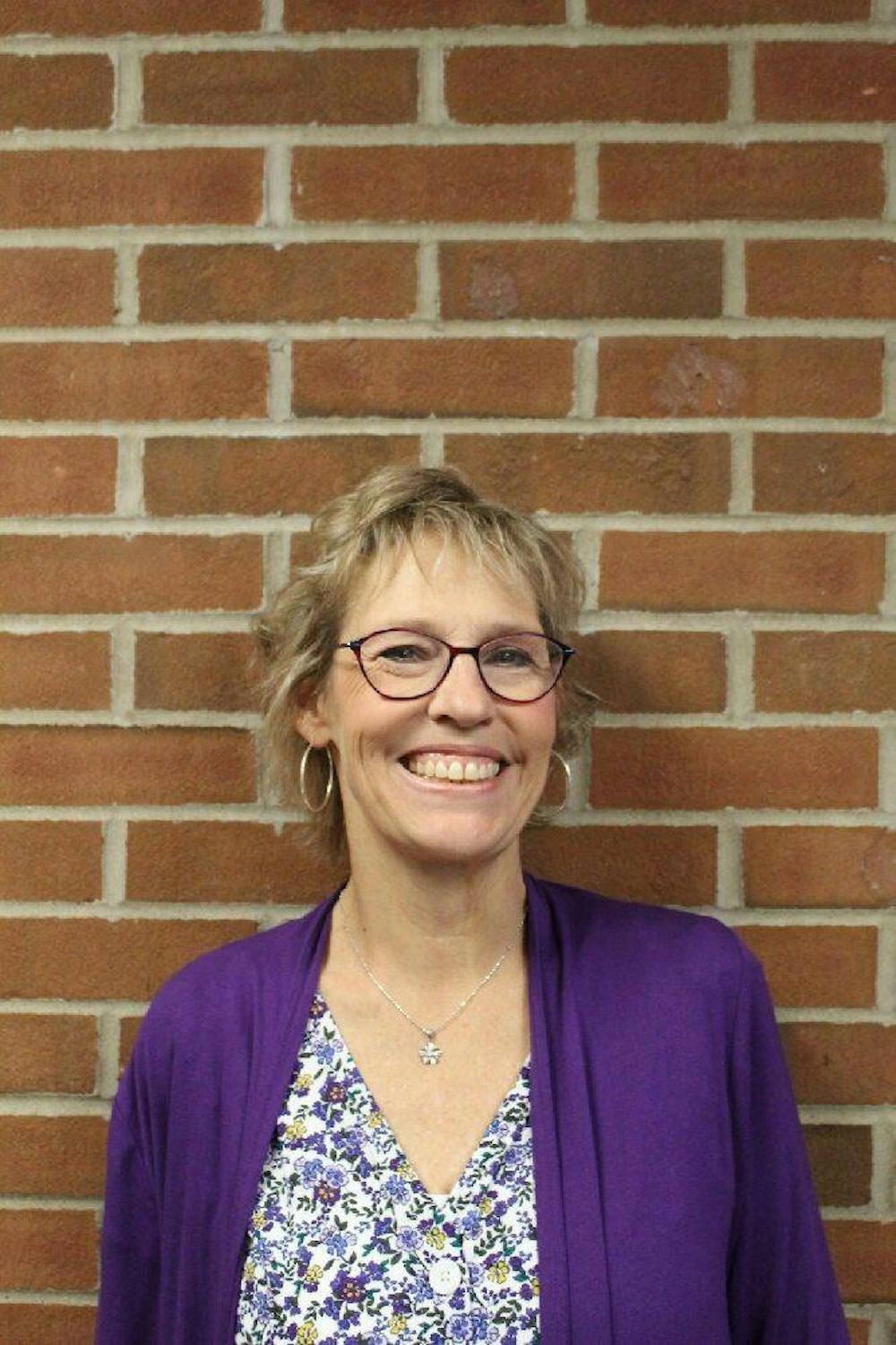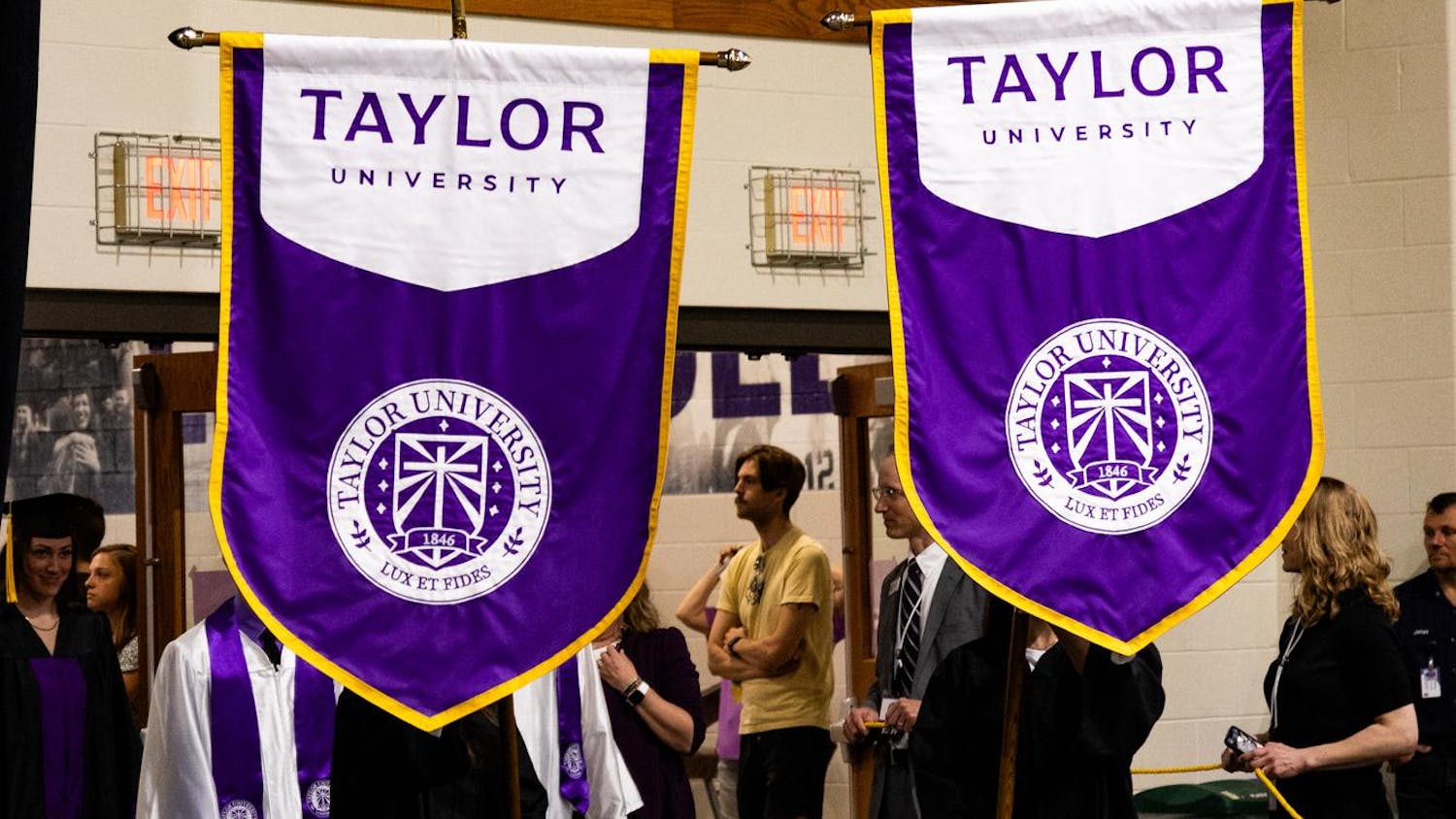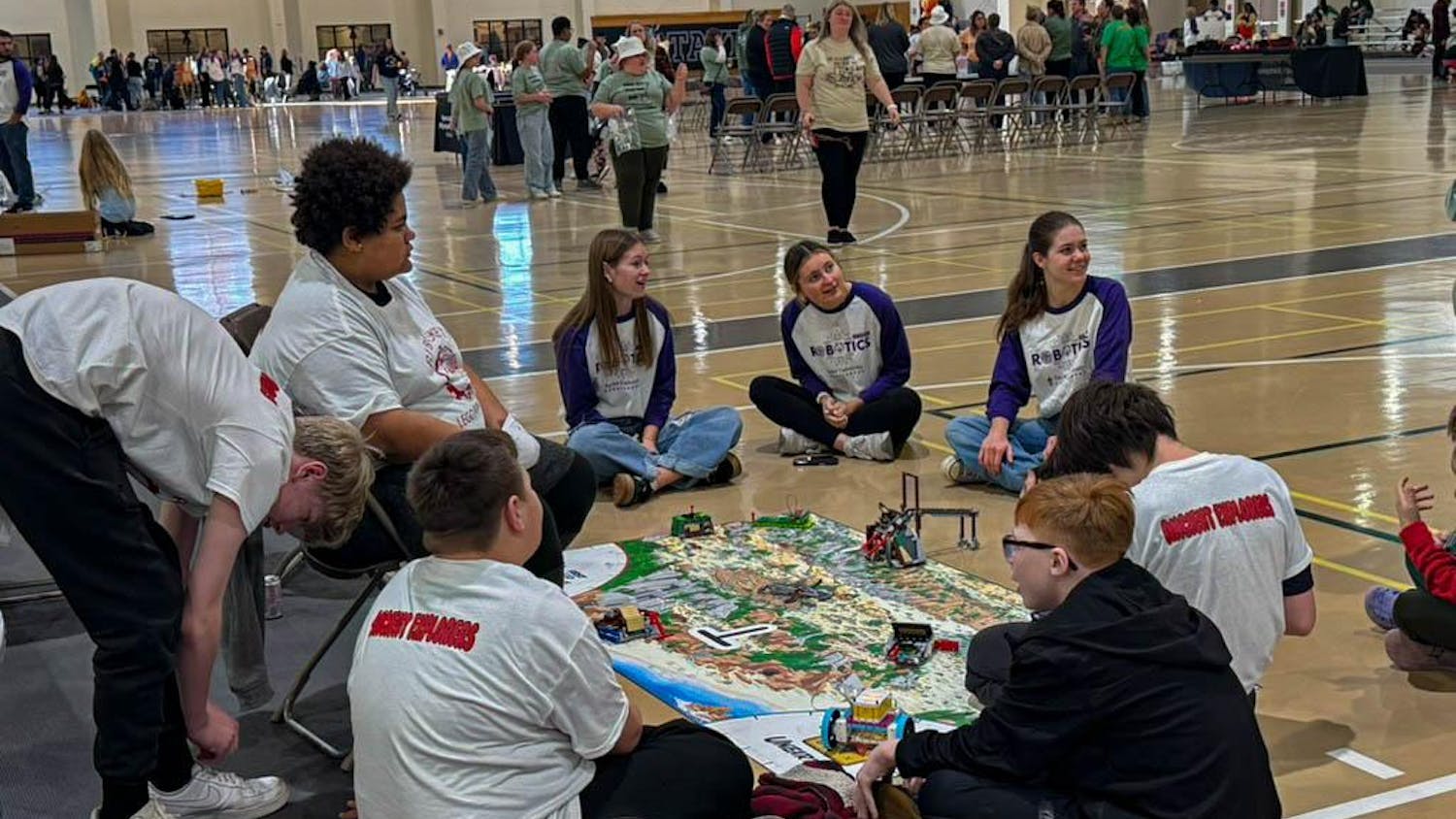Students with double majors find themselves trapped between two worlds. Choosing to major in multiple topics taxes time and focus, but it allows students to earn their degree in multiple subjects and helps prepare them for their futures.
This is according to two Taylor professors and one sophomore student.
Some majors tend to overlap in classes, such as computer science and mathematics. Overlap is helpful because it is fewer classes to cram into a schedule. For majors that do not coincide with each other, students struggle with getting enough credits and balancing course work.
Jeff Groeling, department chair and professor of communication, has experience helping students with double majors.
“Double majoring is not for everyone because it's a lot more work,” Groeling said. “It takes a lot more intentionality and focus than just getting one degree. There's obviously more requirements, more time involved.”
He advises students to keep their course load light. There is only so much flexibility in a degree. Sometimes, the majors a student wants to pick are too credit-intensive. Bachelors and foundations requirements eat away at student’s time. Some majors can total nearly 80 credit hours. Sometimes it is not feasible to do two majors.
Burnout is another issue.
“You don't want to always be maxed out on your courses,” Carol Sisson, associate professor of education and director of orphans and vulnerable children (OVC), said. “Courses are very easy to do that."
She said students considering a double major should consider minoring as an option.
Students often feel pressure to pick a topic to study. Rarely do they allow themselves time to explore. Sisson said students should allow themselves room to start off slow. An example of this could be taking some classes or minoring in the field of interest.
“I think it’s easy to think we have to declare a minor or major, and we often feel the pressure to declare it early,” Sisson said. “As soon as we have an interest in something, we declare it, so I would say maybe step into it a little bit. You know, you don't have to do it all to get some really good classes out of it, or even do a summer experience where you're in that field and see if you like it.”
When double majoring is the best option, professors advise a student to have a passion for their field. Groeling said what is most important is a student’s drive for learning.
An example of a student with drive is Cathrine Monsoma, a sophomore majoring in global studies and OVC.
“I think if you're doing double majors that you're passionate about, then it'll give you a lot more drive to actually do the work and enjoy it,” Monsoma said.
She has a love for other cultures and God and found her drive for this area after going on a mission trip to the Dominican Republic.
Monsoma had considered a minor but said a double was the right path.
“I fell in love with both of them and didn't really want to compromise,” Monsoma said.
She said the overlap makes double majoring easier, since she does not have to fit as many classes into the same schedule. Not all students share the same experience.
Monsoma said she had a friend who was double majoring in fields with no overlap. Her friend had to change one major into a minor in order to focus on the other.
But wanting to double major isn’t a death sentence. Monsoma said she had another friend in a similar position, but with a different journey.
“She is going to be able to graduate with both of them, and I think that's just required a lot of hard work and diligence and making sure her schedule works,” Monsoma said,]. “She's involved in other things here on campus and different music ensembles and things, but I'm very impressed that she's able to do that.”
For some, double majoring is the best choice and for others it is not. It is important to talk to an advisor and know your passions.




